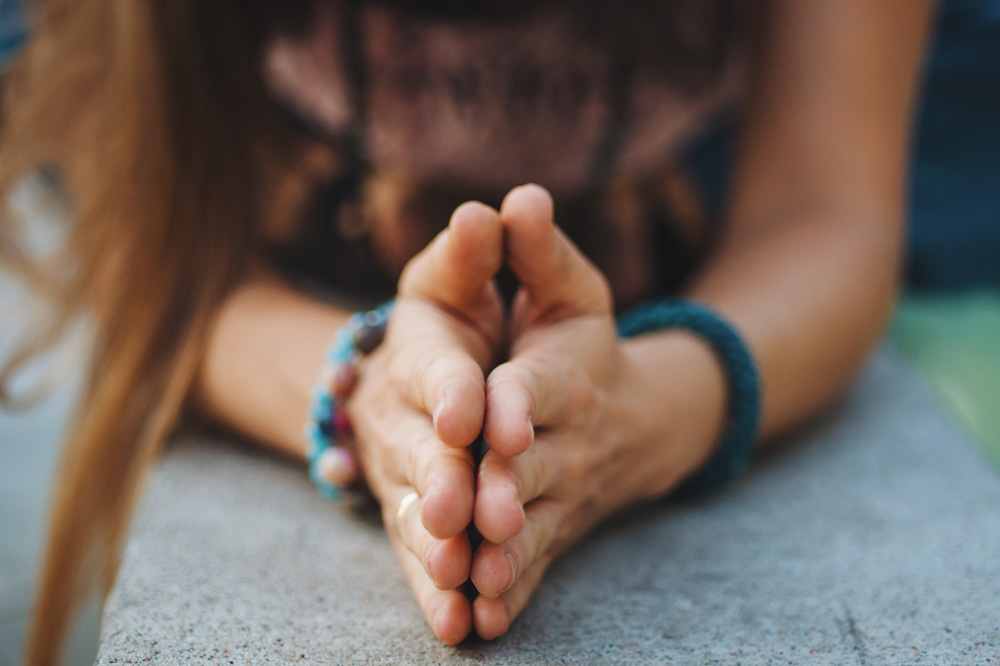
The holidays are peeping around the corner and kids infusing us with the seasonal excitement, providing an exit from mundane routine and the grapple of daily hassles, to partake, however fleetingly, in the spirit of the season where the original message of joy to the world and peace to all men still resonates. Since the very act of giving is usually reciprocated by a sense of thanks, scientists (not to mention happiness-method researchers and data analysis gurus) are linking together two keywords: gratitude and happiness.
Happiness, that elusive, slippery and yet most significant of words. Happiness, contemplated by Plato and Aristotle in all their Greek glory, celebrated in the upbeat style of a 1970s hit sit-com series based on a teenage world that had viewers rocking and the predictable ending of countless Hollywood productions. It’s also the catchword of a thousand adverts promoting everything from culinary delights to travel and escapism and the legal pursuit of which is enshrined into at least one government’s constitution.

The Gratitude Link
Happiness, right now, can be scientifically presented as an achievable goal, simply by linking it to gratitude.
In this case it all starts in the brain. These neuroscientists highlight that the neurotransmitter dopamine, the good-feeling chemical released into your brain like after a session of exercise, can be replicated by an act of gratitude as effectively as the antidepressant Wellbutrin. Likewise, gratitude, they also argue, especially when focusing on the positive things in your life, acts on the neurotransmitter serotonin, as efficiently as Prozac.
Yes these neuroscientists have examined the brain, divided it into parts and researched the effect of certain stimuli on its varying segments. For them it’s the searching process for gratitude that most influences the receptive areas of the brain. But for us to decipher terms such as “neuron density in the ventromedial and lateral prefrontal cortex,” one may have to delve into “Gray’s Anatomy” (not the TV show, but the single most perused book defining standards of anatomy for keen students of medicine) without any guarantees these definitions would be understood by us laymen.
In the same way we experience gratitude, say receiving that gift you really longed for rather than the complicated electronic photo-frame you’ll try to flog off to someone else next year, gratitude is something personal and universal and holds the power, these brain researchers insist, of being a key element of happiness.
“The more a person is inclined to gratitude, the less likely, he or she is to be depressed, anxious, lonely, envious, or neurotic,” happiness researcher Sonja Lyubormirsky says.
Just develop gratitude to duplicate those emotions you naturally feel during the holidays, the joy, the enthusiasm, the love, happiness and general optimism regardless of having to negotiate an event with distant, overbearing relatives banded together once a year.

The Building Blocks
In order to make the good feelings last longer than the first two days of January and well into the New Year, our neuroscientist friends recommend building up gratitude, block by block, if necessary so we remain happy all the time. These building blocks consist of time-honoured recipes that each of us may have come across before but allowed to waste into the wayside, modest yet effective techniques, that once woven into your social fabric will provide armour against pessimism and depression.
Instead of pondering on what may or has gone wrong, look on other side of the coin, and concentrate on what went right. However pointless it seems at first, search through your thoughts of the day, all the positive feelings, events or happenings you felt, and make sure you find at least three good things and put them on paper. You can do it at nighttime and off to bed.
“People are 25 percent happier if they keep gratitude journals, (they) sleep one-half hour more per evening and exercise 33 percent more each week compared to persons who are not keeping these journals,” University of Pennsylvania professor Martin Seligman explains.
Once you’ve counted your blessings then the next step forward is to reflect on missing out on blessings you already have or may have taken for granted. Imagine the absence of a positive impact in your life, like having missed meeting your spouse, or having the daughter you love, or the chance meeting with the person who opened doors you never thought existed.
“Mentally subtracting something good from your life can make you more grateful for it,” Seligman explains.
The next building block of gratefulness leading you on the way to a life filled with happy thoughts is, conversely, reflecting back on an unhappy moment. Whatever devastating experiences you may have had, whatever dark time you went through, whatever conflicting emotion or dizzying downward fall: an escape from an accident, a full recovery from a serious sickness, overcoming the loss of someone you loved; think on it, reflect without fear, and then see how that experience made you stronger, bolder and wiser.
Then to bring the whole gratitude building process to a conclusion, write a gratitude letter in normal but heartfelt phrases, or filled with imagery and poetic prose if you are so inclined, to someone important in your life, someone who has always reached out to you, been there by your side or whose advice or company you took for granted. You should take that letter and read it to them out loud. According to scientists and scientific journals, this gratitude visit not only increases happiness and decreases depression, but it does so for the letter writer for a period up to three months.
There you have it, four easy steps to building gratitude. Not only will the gratitude attained make your brain happy, it will also have a positive feedback on other aspects of your life, be it achievement at work or improvement in a relationship.
If you somehow fail to keep up these four steps you may lend an ear to Shawn Achor, a Harvard happiness researcher, who emphasises the positive effects created by sending a two-minute gratitude email to somebody every day that conveys your thankfulness and appreciation. Build up this habit he says, and in turn this will make you happier, and happiness, he argues, is the surest way to success.

















